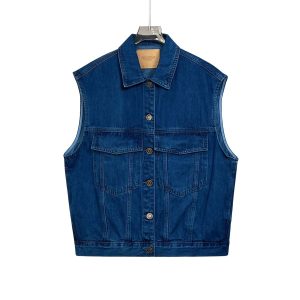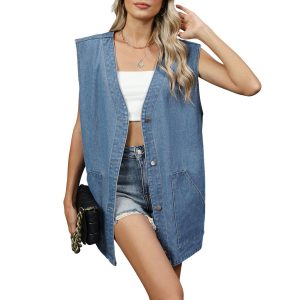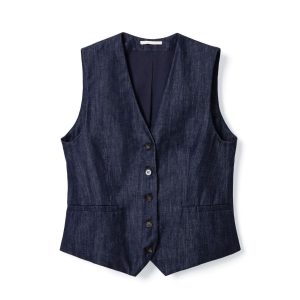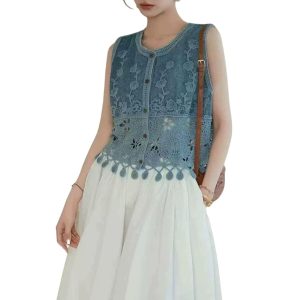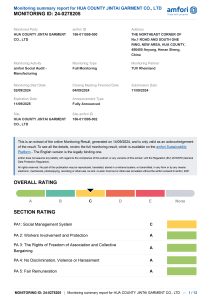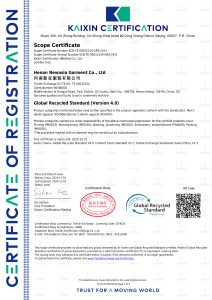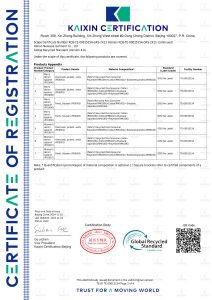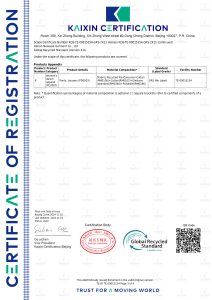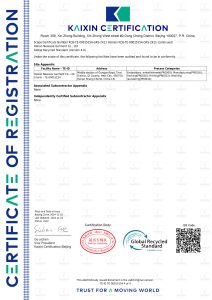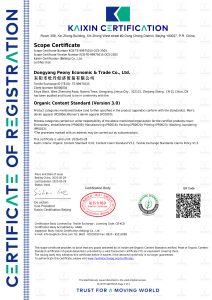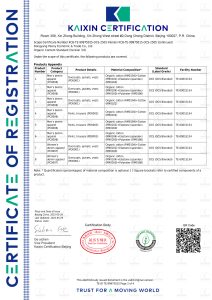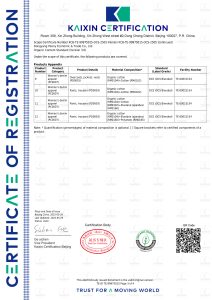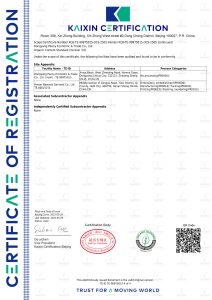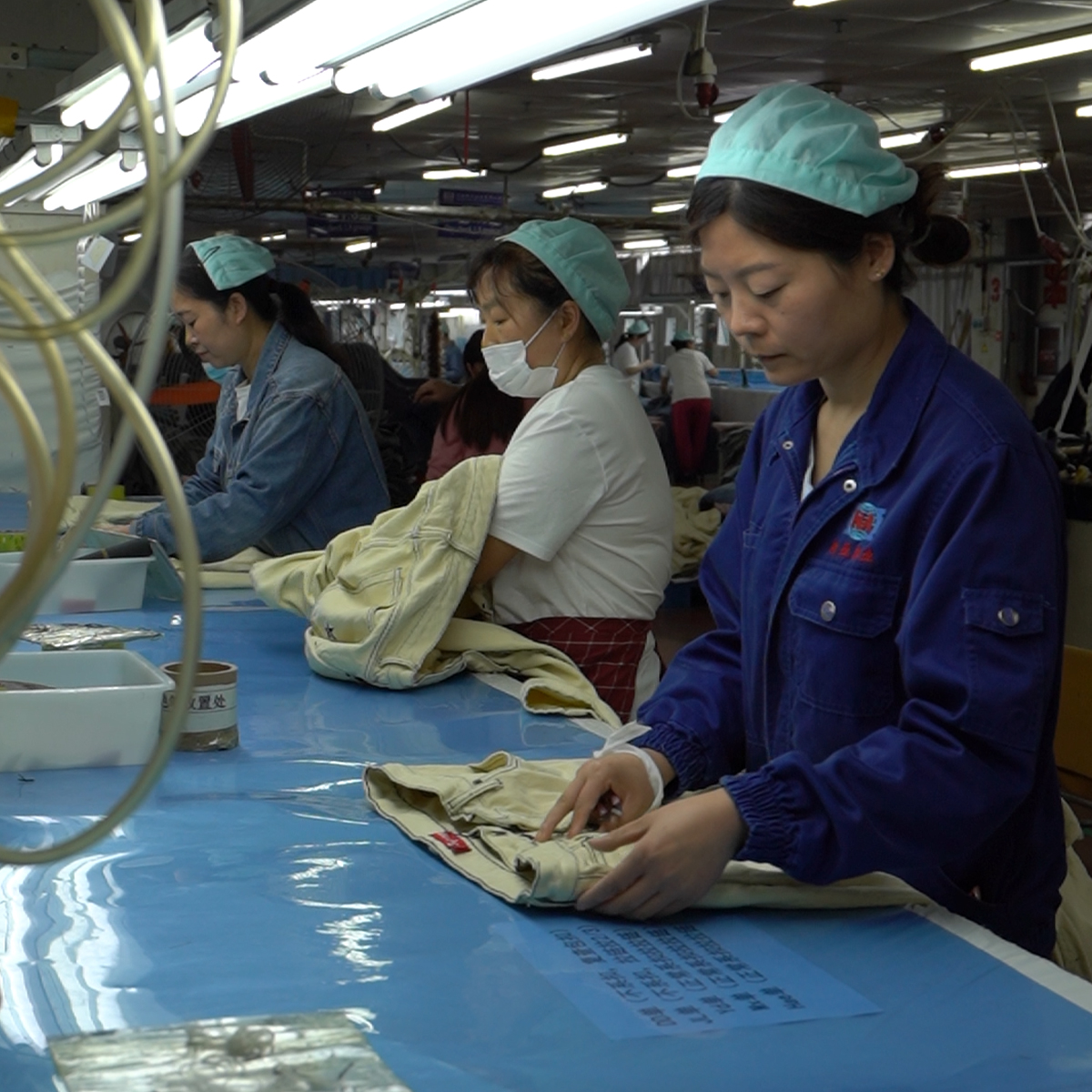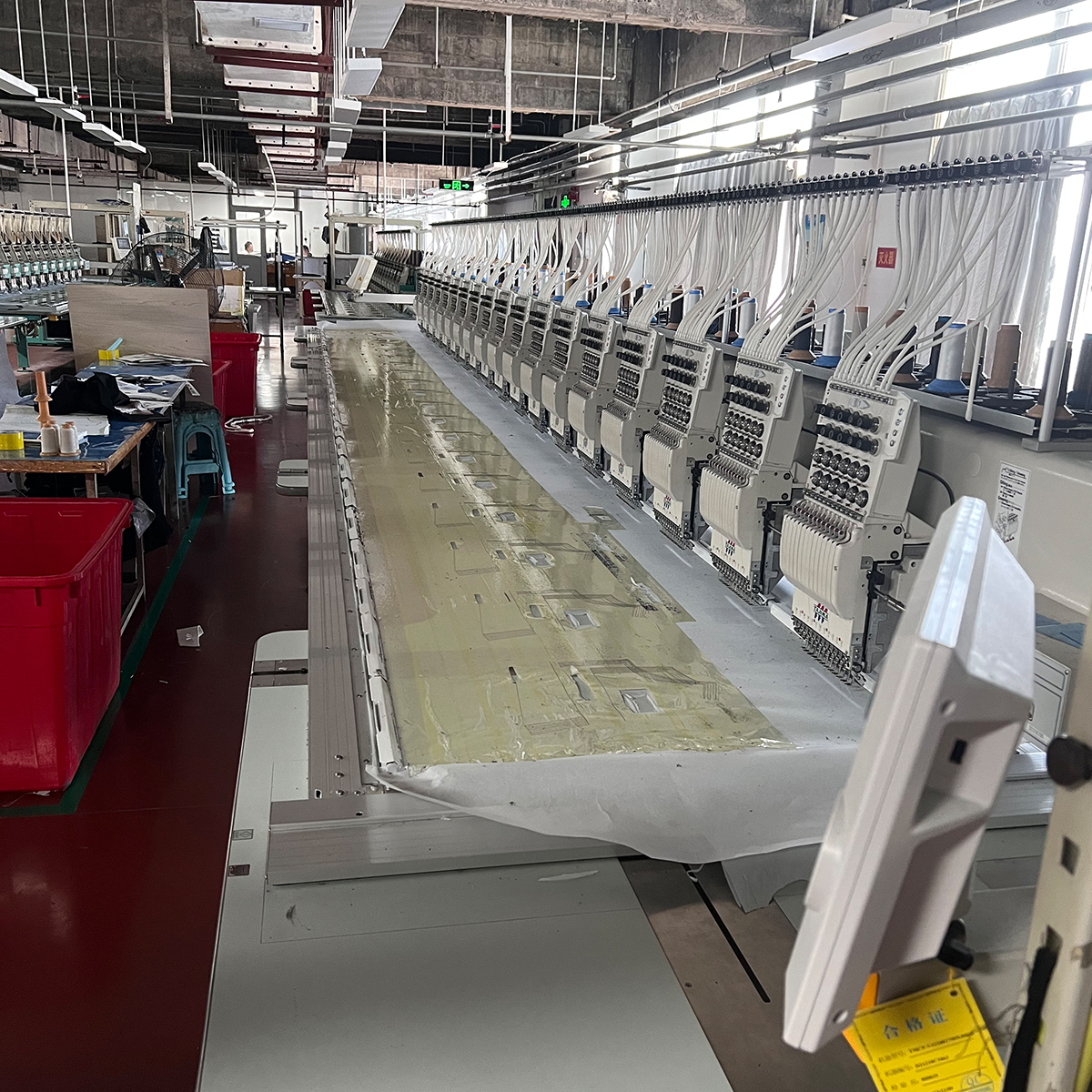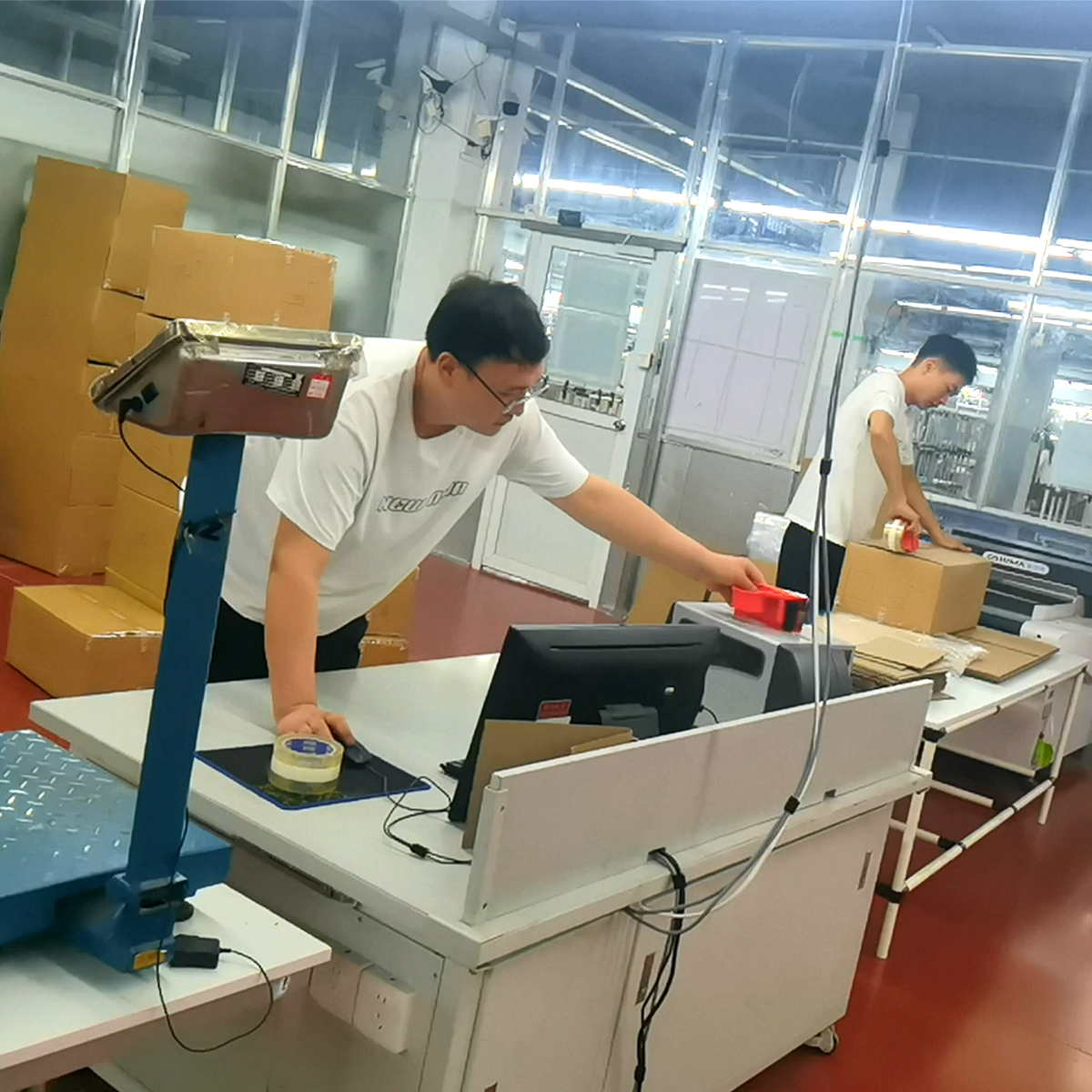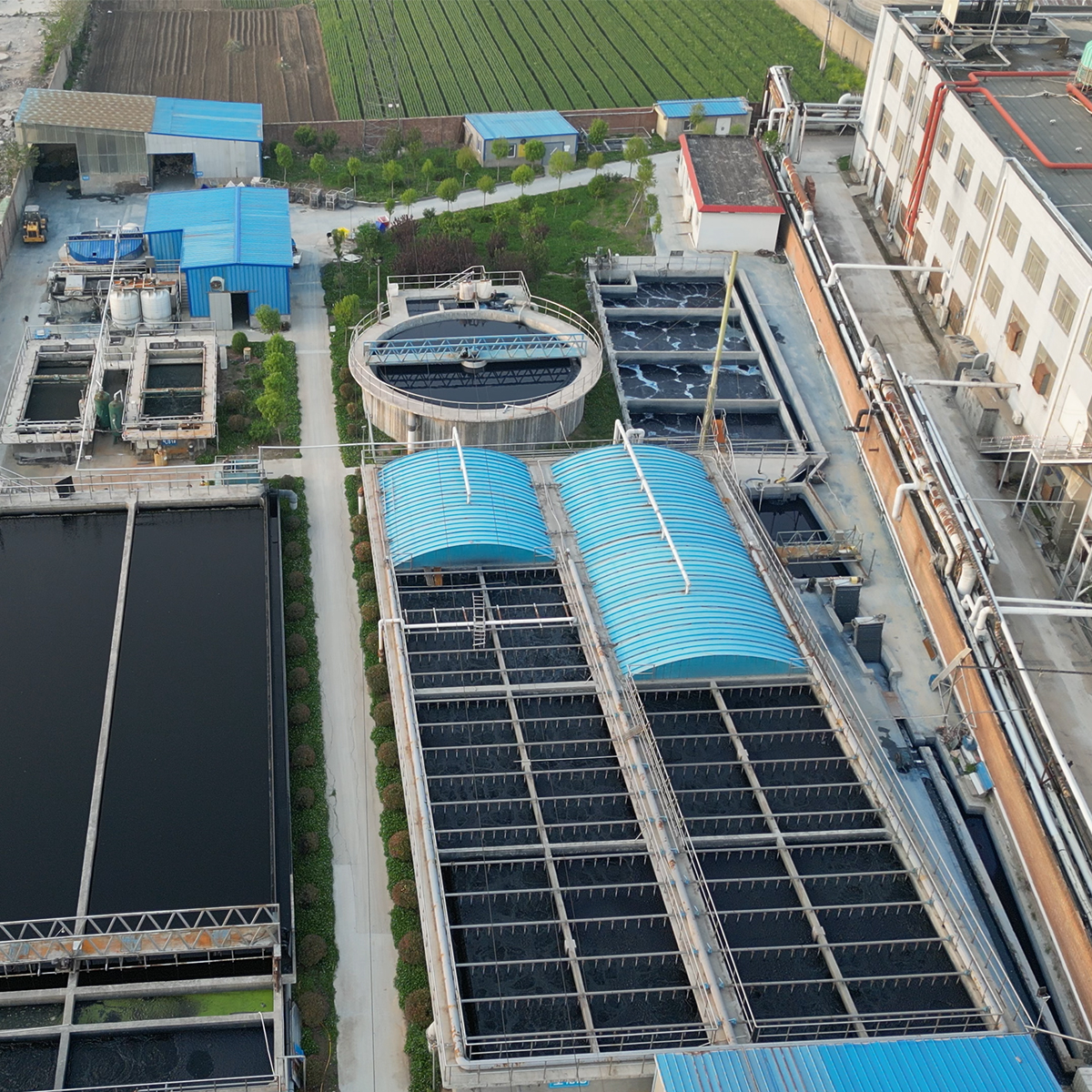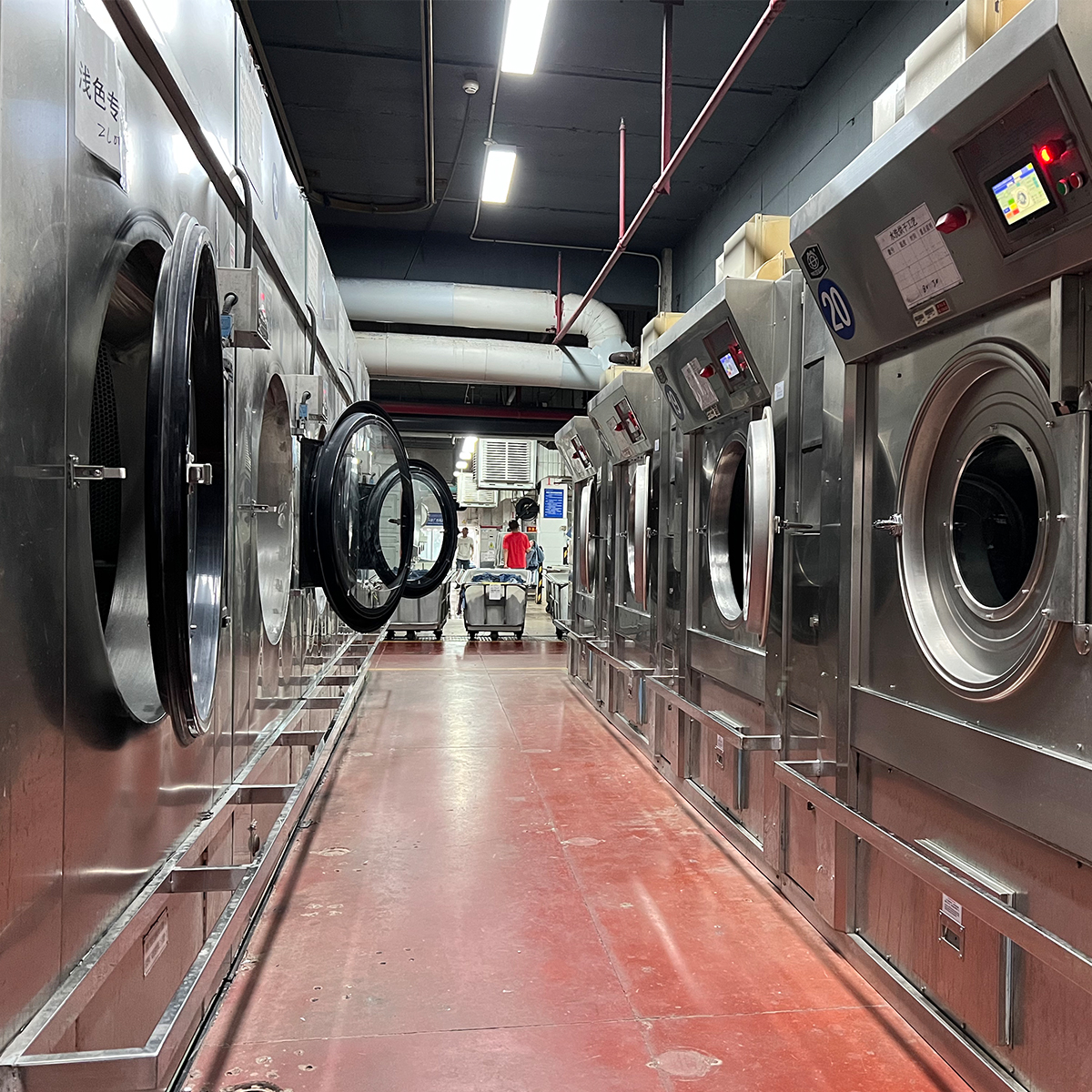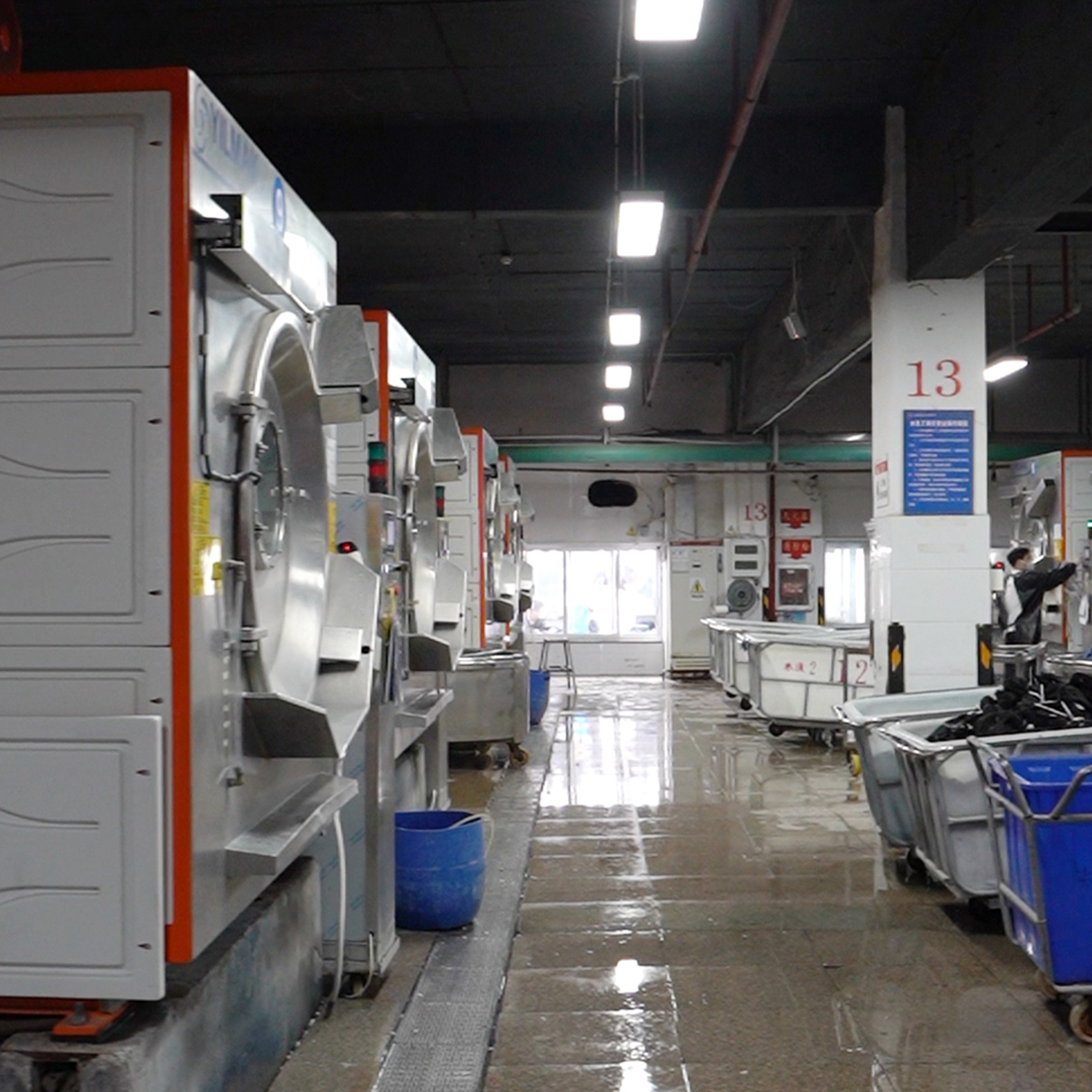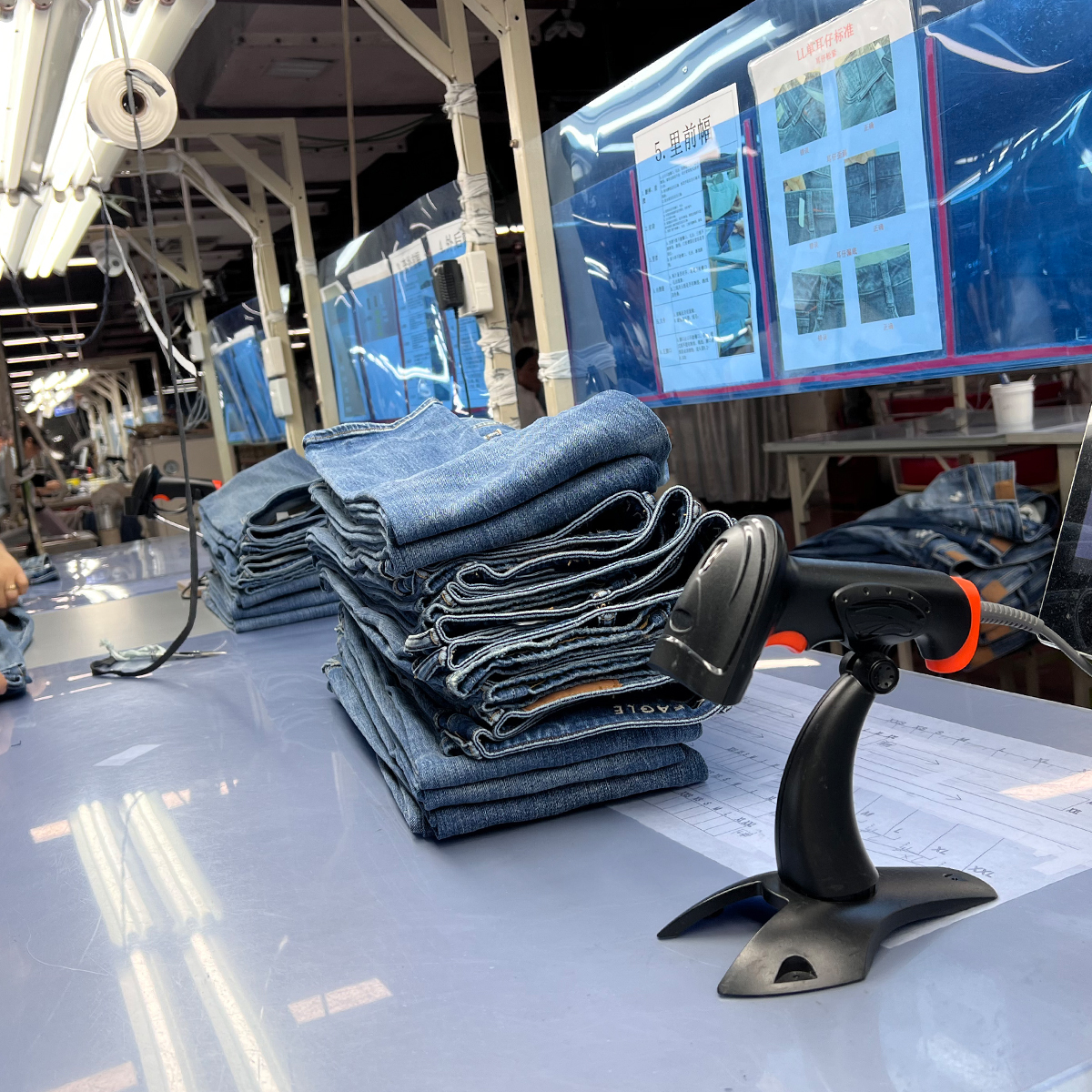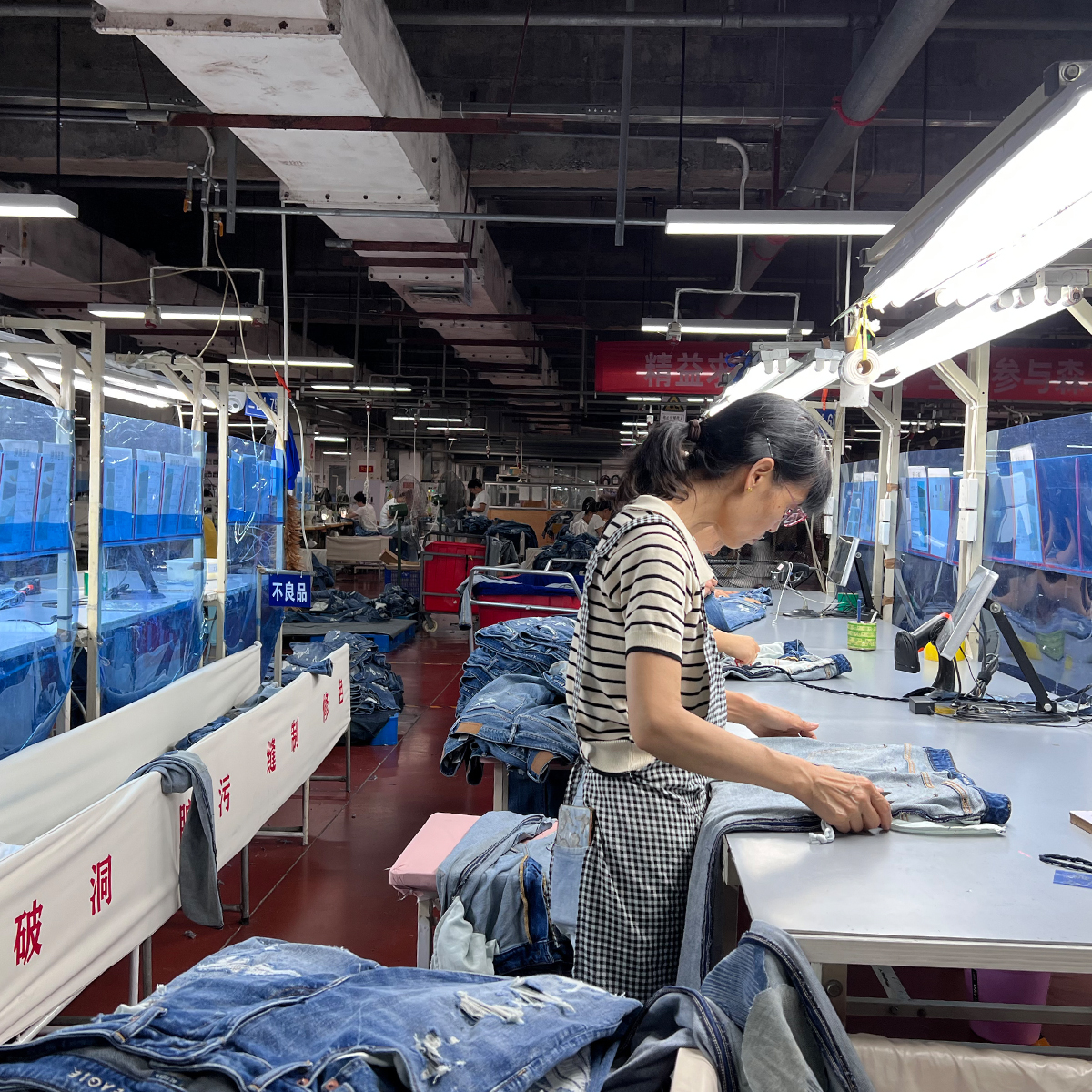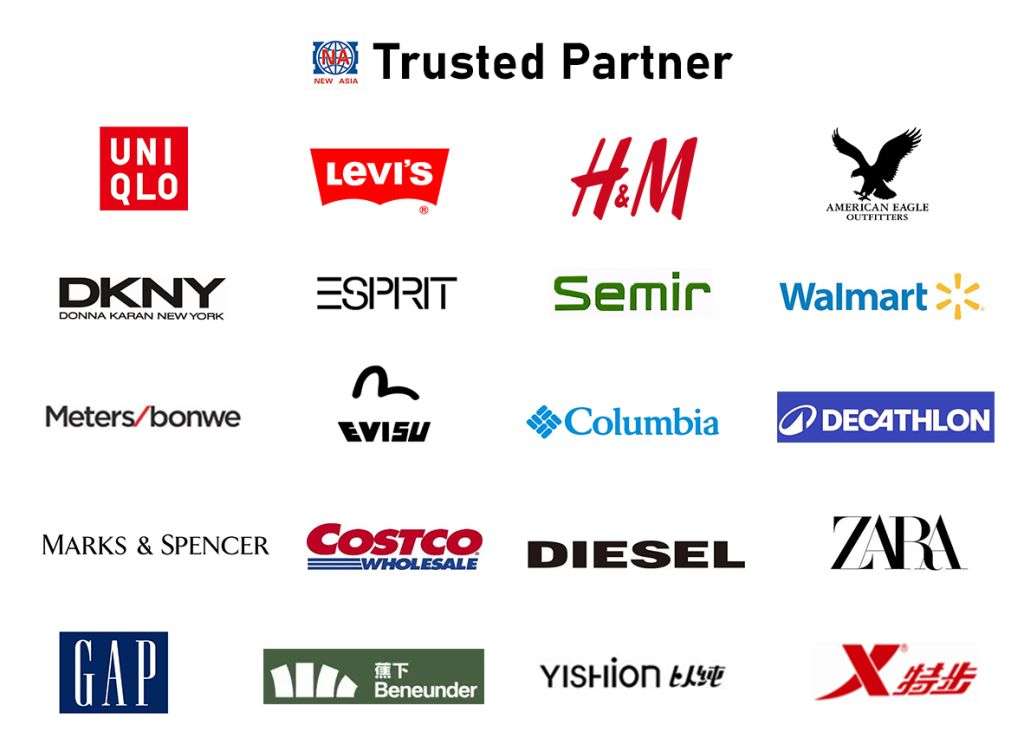The global apparel market is expanding at an unprecedented rate, and for businesses looking to thrive, sourcing clothing from manufacturers in China has become a key strategy. With countless suppliers and varying quality standards, navigating this landscape can be a daunting task. In this article, we’ll explore ten essential tips to help you successfully source wholesale clothing from China.
1. Research Thoroughly
Before entering into any agreements, it’s essential to conduct thorough research. Investigate potential manufacturers and suppliers by reviewing their websites, catalogs, and product specifications. Utilize platforms like Alibaba, Made-in-China, and Global Sources to find reputable manufacturers. By doing due diligence, you can filter out untrustworthy suppliers and focus on those that meet your quality and pricing criteria.
2. Verify Manufacturer Credentials
Once you’ve identified potential manufacturers, verifying their credentials is crucial. Request business licenses, factory certifications, and customer references. This step ensures that you partner with a legitimate manufacturer who adheres to industry standards and practices ethical operations.
3. Evaluate Product Samples
Before placing a bulk order, always request product samples. This allows you to assess the quality of the clothing firsthand. Check for fabric texture, stitching accuracy, color consistency, and overall craftsmanship. Product samples provide a clearer picture of what to expect from mass production.
4. Understand the Minimum Order Quantity (MOQ)
Different manufacturers have varying minimum order quantities (MOQs). Understanding these requirements can save you from unexpected costs. Some suppliers may have flexible MOQs for new customers or bulk orders. Always clarify MOQ before placing an order to ensure it aligns with your business plans.
5. Negotiate Terms Wisely
Negotiating terms with suppliers is part of the sourcing process. Don’t hesitate to discuss pricing, delivery times, and payment methods. It’s beneficial to establish a mutually beneficial relationship; this may lead to better pricing and terms down the line. Always document agreed terms to avoid misunderstandings.
6. Communicate Clearly
Clear communication is vital when dealing with overseas manufacturers. Use simple language and confirm understanding to minimize chances of miscommunication. Consider potential language barriers and use translation services if necessary. Regular updates during the production process can also alleviate concerns.
7. Use Escrow Payment Methods
To protect your investment, consider using escrow payment methods. Services like Alibaba’s Trade Assurance offer a layer of security by holding payments until you receive your goods. This approach minimizes the risks associated with international transactions and helps build trust between you and your supplier.
8. Stay Compliant with Regulations
When importing clothing from China, it’s crucial to remain compliant with local regulations and safety standards. Research necessary regulations in your country, including labeling requirements, health standards, and customs duties. Ensuring compliance helps avoid legal issues and potential fines.
9. Build Long-Term Relationships
Establishing long-term relationships with suppliers can lead to better pricing and priority service. Once you’ve found a reliable manufacturer, continue to communicate and maintain the relationship. Loyalty can often yield favorable conditions, especially as your business grows.
10. Monitor Quality Control
Finally, implement a robust quality control process. Consider hiring third-party inspection services to evaluate the production quality before shipment. Keeping a close eye on quality helps maintain your brand’s reputation and customer satisfaction.
Sourcing wholesale clothing from China manufacturers can be a rewarding venture when approached strategically. By following these ten tips, you can streamline the process, mitigate risks, and ultimately expand your clothing line with confidence. Remember, success in wholesale sourcing hinges on building relationships, maintaining quality standards, and staying informed about market trends.



